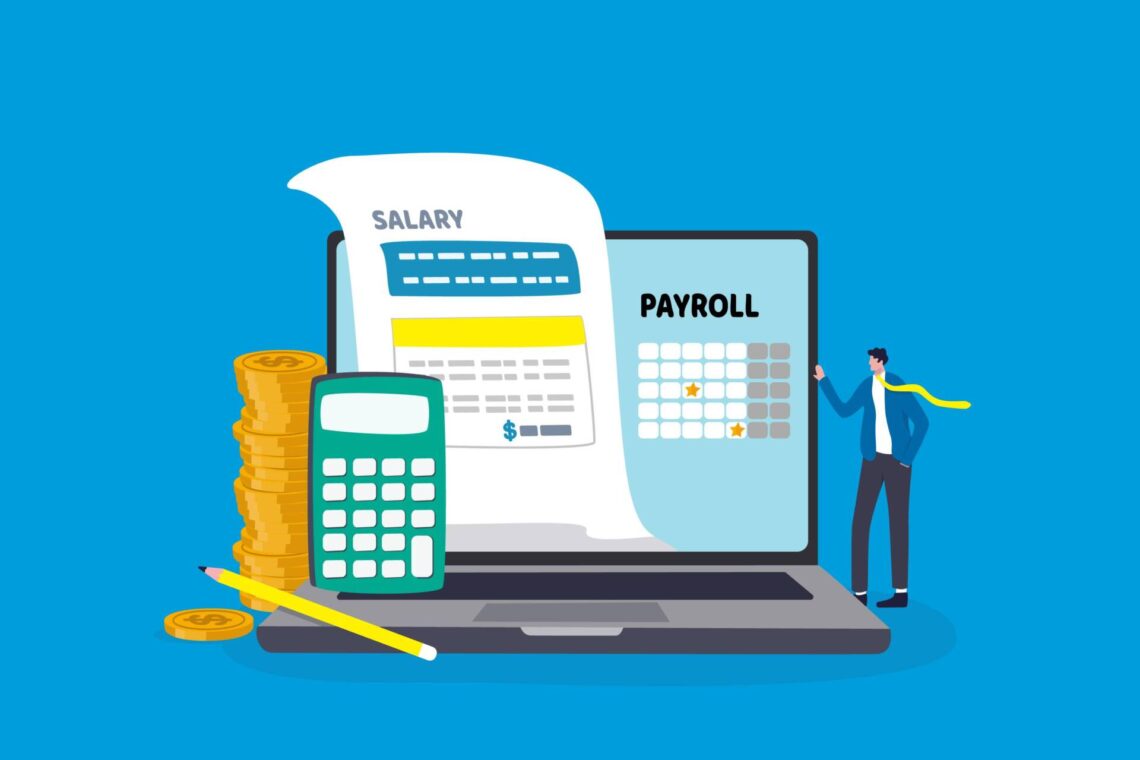With the start of the new financial year, it’s crucial for both individuals and businesses to stay updated on recent tax changes and compliance requirements. Tax regulations undergo frequent revisions, impacting aspects like income tax rates, deductions, and offsets. Let’s explore the key tax updates for 2025 and some practical tips to guarantee compliance and maximise tax benefits.
Key Tax Changes for 2025
-
Australian Income Tax Bracket Adjustments
The Australian Taxation Office (ATO) makes periodic adjustments to income tax brackets to accommodate inflation and economic circumstances. In 2025, there are slight modifications to the tax brackets that could impact your overall tax responsibility. Here is a brief overview of the updated brackets:
- Income up to $18,200: 0%
- $18,201 to $45,000: 16%
- $45,001 to $135,000: 30%
- $135,001 to $190,000: 37%
- Over $190,000: 45%
These changes might lead to minor variations in your tax obligations, so it is essential to assess your income and tax withholding to ensure you’re not under- or over-paying.
-
Superannuation Guarantee Rate Increase
In an effort to boost retirement savings for Australian workers, the Superannuation Guarantee (SG) rate has been raised to 11.5% for the 2025 financial year. This means employers are now obligated to allocate 11.5% of an employee’s ordinary time earnings to their superannuation fund. Businesses will need to update their payroll systems to accommodate the increased rate.
-
Superannuation Cap Increase
The limit or cap that can be contributed to superannuation has been indexed for the 2024/25 financial year. New cap amounts are
- Concessional contribution cap $30,000 (increased from $27,500)
- Non-Concessional Contribution cap $120,000 (increased from $110,000)
- Bring Forward non-concessional cap $360,000 over 3 years (increased from $330,000)
-
Changes to Work-From-Home Deductions
Remote working arrangements appear to be here to stay. As such, the ATO has revised the guidelines for work-from-home deductions. The simplified method, which permits a deduction of 67 cents per hour for operating expenses, remains in place. Nonetheless, maintaining detailed records is crucial to support your claims, such as keeping a log of hours worked and retaining receipts for expenses.
Practical Tips for Staying Compliant
-
Stay Informed
Staying informed about the most recent tax updates is crucial for compliance and maximising your tax situation. You can stay updated by regularly reviewing the ATO website, subscribing to tax newsletters, and possibly consulting with a tax professional to keep abreast of new laws and potential benefits.
-
Maintain Accurate Records
Tax compliance is essential for both individuals and businesses. Keeping meticulous records helps ensure that you can substantiate your claims during audits and avoid any potential penalties or interest charges due to discrepancies.
It is crucial to maintain a record of all receipts, invoices, and financial documents related to income and expenses. Moreover, maintaining up-to-date financial records for your business is vital for accurate reporting and claiming deductions.
-
Maximise Deductions and Offsets
Maximise all deductions and offsets to reduce your tax obligations. This includes deductions for work-related expenses, donations to charity, and investment losses. Consulting with a tax professional can provide personalised advice and ensure you are taking full advantage of all available deductions and tax offsets.
-
Plan for Superannuation Changes
With the rise in the Superannuation Guarantee rate, it is essential for both employers and employees to plan ahead. Employers should update their payroll systems, and employees should assess their super contributions to make the most of their retirement savings.
-
Seek Professional Advice
Understanding the tax system can be challenging, which is why it may be beneficial to engage a qualified tax professional who can provide valuable insights and ensure you comply with all regulations. They can also help you plan for future tax changes and develop strategies to minimise your tax burden.
Additionally, a tax professional can assist in identifying deductions and tax offsets that you might not be aware of, potentially saving you a significant amount of money. They stay up-to-date with the latest tax laws and legislation, which means they can offer advice that’s current and relevant. This is particularly important for individuals with complex financial situations, such as business owners, investors, or those with multiple income streams.
To Sum It Up
The 2025 financial year brings several important tax changes that impact both individuals and businesses in Australia. By staying informed, maintaining accurate records, maximising deductions, and seeking professional advice, you can navigate the evolving tax landscape with confidence. Whether you’re an individual taxpayer or a business owner, understanding these changes and implementing best practices for compliance will help you achieve your financial goals and avoid potential pitfalls.
If you’d like some assistance with your personal or business tax return, please don’t hesitate to get in touch or book an appointment online.
For more information on our services, please follow the links below:





